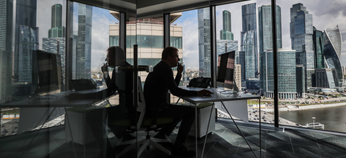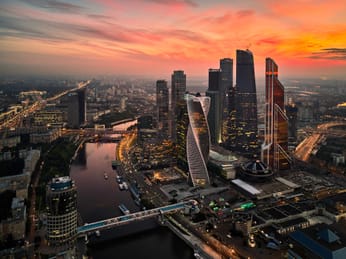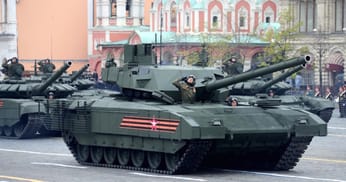
The Central Bank will compensate Russian investors at foreigners’ expense
Russia’s Central Bank seeks to compensate 5 million Russian investors who lost access to their foreign shares due to war-related sanctions. To do this, it will use an estimated $300 billion in funds from “unfriendly” countries frozen in Russia. The Bank intends to invest this money in “friendly” securities and use the profits to provide compensation.
- On Friday, Central Bank head Elvira Nabiullina said the Bank is looking to create a fund to compensate private investors whose foreign shares were impacted by sanctions. This is motivated by a need to “rebuild investor confidence.”
- This involves 5 million private Russian investors whose foreign assets were frozen by sanctions immediately after the war broke out this spring. The bank estimates the total value of the frozen assets at 6 trillion rubles ($100 billion), of which private investors comprise at least 320 billion rubles ($5 billion).
- Foreign securities owned by Russian were frozen by European depository Euroclear. At the start of March it stopped working with its Russian partner NRD (even though the latter was not formally sanctioned until early June).
- This is the first time the possibility of compensation for Russian investors has been raised. Nabiullina said that one option was to create a fund with the support of the Deposit Insurance Agency (DIA). This could be financed with income derived from funds held by non-residents in Russia, which the bank froze within days of the war starting. The Central Bank insists that it will not requisition money from foreigners and only the profits from this investment will be transferred to Russian investors. This scheme partly mirrors Euroclear’s own behavior as it continues to receive revenue from frozen Russian accounts, Kommersant noted.
- At the end of February, the Central Bank froze approximately $312 billion belonging to non-resident investors. If (purely hypothetically) we assume that the DIA can invest all of that in, for example, Chinese state bonds, then it would be possible to compensate citizens for the lost $320 billion by investing that money for a year at 1.7% per annum. However, this would require special new legislation or a presidential decree to allow the use of frozen foreign shares. And in this case, the shareholders would likely be able to contest the Central Bank’s actions in international arbitration.
Pourquoi le monde doit-il s'en préoccuper ?
It might be fair enough to compensate Russian investors for the loss of their foreign shares. They did not start the war, nor did they call on the Central Bank to freeze the assets of non-residents. However, it will clearly take far more than this to “rebuild investor confidence.”









